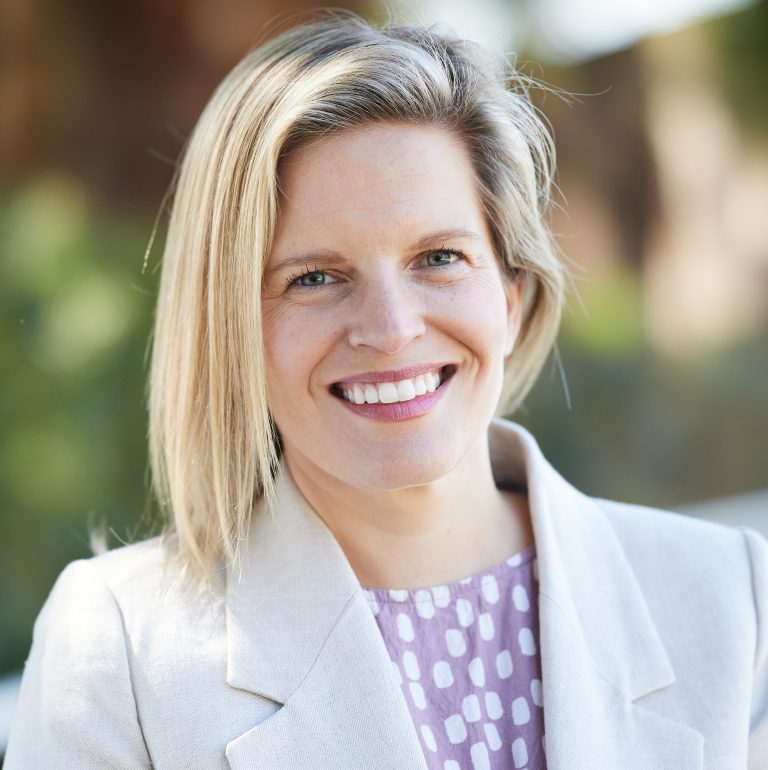
Graduating into a Coed World
Today in Year 12 SWP students were asked to consider how they might answer the question they will almost certainly be asked in future job interviews – “Cranbrook, huh? Didn’t you guys go coed? What was that like?” Because while they will not be here for the first coeducational cohorts, they have been an integral part to the transition.
Our Assistant Head of Social Sciences and Economics Teacher extraordinaire Mr Solomons and I discussed life in the coed world after Cranbrook, and the importance of holding onto the school value of celebrating the individual. We looked at how society is becoming more polarised, and how empathy is the greatest bridge in any conversation. Mr Solomons spoke particularly on the importance of vulnerability and connectedness for young men’s mental health.
This conversation was timely as this week Dr Zac Seidler released a report in the International Journal of Men’s Social and Community Health on positive masculinity in boys and young men. The research found that “young men were willing to challenge expectations from members of older generations that they conform to traditional gender roles.” It also showed the importance of vulnerability and connection, and that “emotional support is an intrinsic part of male relationships, rather than a transgression of the rigidly adhered masculine norms of the past.”
However, the report also showed that as the landscape is changing for young men, they can have difficulties expressing newer positive masculinities. This new landscape can also be scary for young men, and there is a feeling that they can’t ‘put a foot wrong’. This can lead to young people disengaging from uncomfortable conversations, which in turn means they will “lack language and/or capacity to engage in honest and open dialogues surrounding issues of gender equity and social equality.” That is why the conversations we have as part of SWP and mentor time are so important – contributing skills, empathy, and engagement.
Finally, our Second Head Prefect, Matthew Downes read a poem entitled Five in Six Boys by Hollie McNish, which you can also read below (please excuse the lack of capitalisation, it is the poet’s, not mine).
the headline reads:
one in six boys aged six to fifteen have a positive view of andrew tate
the headline does not read:
five in six boys think andrew tate is a prick
prefer riding their bike into town with their mates
than listening to a grown up angrily shout through a screen
five in six boys think their mum is alright
roll their eyes when she hugs them
will remember the sound of her laugh when she’s gone
five in six boys
have baked biscuits
or muffins
do not want to strangle a girlfriend,
think rape is abysmal, want love,
think love is confusing, do not want a fist in their face
five in six boys think their dad’s jokes
are occasionally funny, have a friend who likes
the same music they like,
worry
about the look of their bodies
in swim shorts
love the feeling
of crying
from laughter
five in six boys feel nervous about holding the hand of a crush
privately cry when a person they fancy doesn’t fancy them back
without seeking to hurt them
five in six boys are worried they’ll fail their exams
feel stupid sometimes, are scared by the thought of the future
five in six boys think flowers are beautiful
will not use the word beautiful
will be bullied if they use the word beautiful
about flowers
still, five in six boys said thank you for dinner
helped take the plates to the kitchen
smile when a kitten curls up on their lap
and six in six boys sleep sounder when someone
who loves them plants a kiss on their forehead
or just quietly whispers goodnight
Daisy Turnbull
Director of Coeducation

)
)
